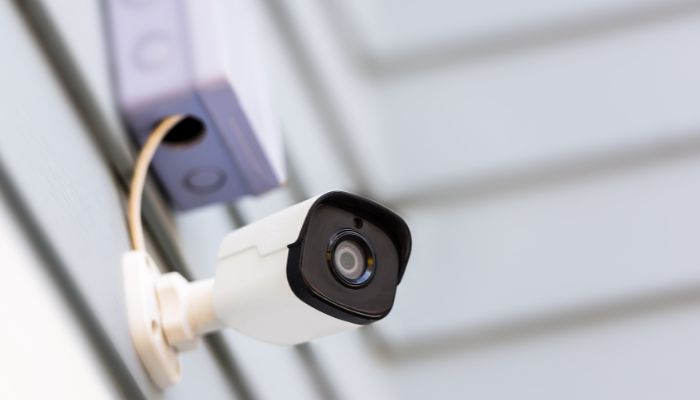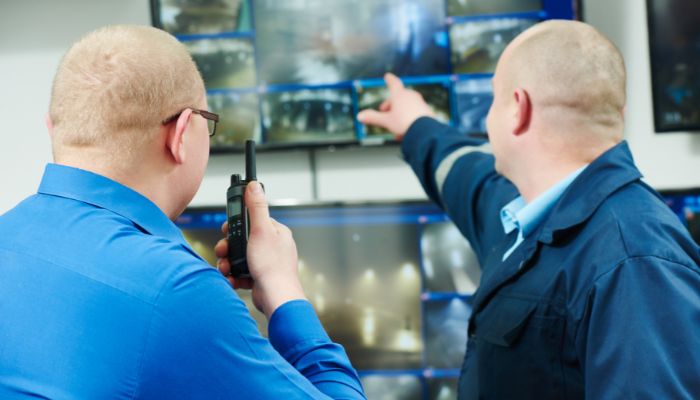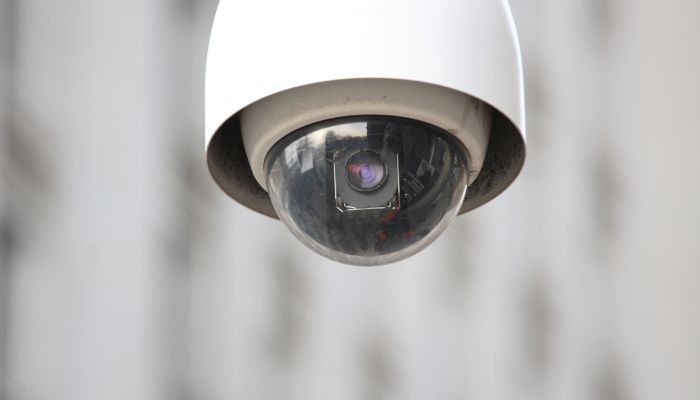Surveillance laws in the UK have become increasingly important in recent years, as advancements in technology have made monitoring activities easier. With the use of CCTV systems, surveillance cameras, and other forms of monitoring becoming more widespread, it is important to understand what the laws say about surveillance in the UK.
In this blog post, we will look at the laws that govern surveillance in the UK, including the Regulation of Investigatory Powers Act 2000 (RIPA), the Investigatory Powers Act 2016 (IPA), the Data Protection Act 2018, and the Human Rights Act 1998.
What is Surveillance?
Before we begin on the laws on surveillance, it’s important to understand what is meant by surveillance. In the context of UK law, surveillance refers to the monitoring or observation of people’s activities, either by physical means (such as CCTV cameras) or by the collection and analysis of personal data (such as emails, phone calls, or internet browsing history).
What Laws are There on Surveillance in the UK?
The Regulation of Investigatory Powers Act 2000 (RIPA)
The Regulation of Investigatory Powers Act 2000 (RIPA) is one of the key laws governing surveillance in the UK. It regulates the interception of communications, the use of covert surveillance, and the acquisition of communications data by public bodies.
Under RIPA, public authorities (such as police forces and intelligence services) need to obtain a warrant before intercepting communications or carrying out covert surveillance. The warrant must be approved by the Home Secretary or another designated official.
The Investigatory Powers Act 2016 (IPA)
The Investigatory Powers Act 2016 (IPA) is another important law on surveillance in the UK. It consolidates and updates the powers of public authorities to carry out surveillance activities when necessary and includes guidelines for digital records and online communications. The IPA also requires public authorities to obtain approval by a judge as well as secretary of state authorisation.
The Data Protection Act 2018
The Data Protection Act 2018 is a key law on data protection in the UK. It regulates the processing of personal data by public and private bodies, including the use of surveillance cameras and other monitoring technologies.
Under the Data Protection Act, public and private bodies must ensure that the processing of personal data is lawful, fair, and transparent, and that the rights of individuals are protected.
The Human Rights Act 1998
The Human Rights Act 1998 is another important law that governs surveillance in the UK. It incorporates the European Convention on Human Rights (ECHR) into UK law, including the right to privacy.
This means that public authorities must ensure that any surveillance they carry out is proportionate and necessary, and that the rights of individuals to privacy aren’t unduly infringed.
Is Private Surveillance Legal in the UK?
Private surveillance is legal in the UK, but there are restrictions on how it can be carried out. Under the RIPA, private investigators must obtain a license from the Security Industry Authority before carrying out any surveillance.
The use of surveillance cameras by members of the public is also subject to the Data Protection Act, which requires that individuals are informed when their personal data is being collected and processed.
However, there are limits to what private individuals can do when it comes to surveillance. The use of hidden cameras or other covert surveillance measures is generally not allowed and could result in legal action being taken against the individual carrying out the surveillance.
Can Someone Record Me Without My Permission in the UK?
The laws on recording individuals in the UK can be complex and depend on the circumstances in which the recording takes place. In general, it is legal for individuals to record conversations that they are a party to, such as phone calls or in-person conversations. However, if the recording is being made without the knowledge or consent of the other party, this could be considered a breach of their privacy.
There are also restrictions on the use of recordings made by members of the public. For example, it is illegal to use recordings of private conversations in legal proceedings without the consent of all parties involved. It is also illegal to share or publish recordings of individuals without their consent, unless there is a legitimate public interest in doing so.
When it comes to public bodies and authorities, the rules around recording and surveillance are stricter. Under the IPA and RIPA, public bodies must obtain warrants before carrying out surveillance or intercepting communications and must ensure that any surveillance is proportionate and necessary. They must also comply with data protection laws and ensure that the privacy rights of individuals are protected.
Conclusion
Surveillance is a complex and important issue in the UK and is governed by a range of laws and regulations. It is important for individuals and public bodies alike to understand their rights and obligations when it comes to surveillance and monitoring, and to ensure that they are complying with the law at all times.
If you are an individual who requires surveillance services to support a court case, the agents at Able Investigations are practised at obtaining high quality evidence which is compliant with UK law. Contact us today to learn how we can assist you.





Comments are closed.